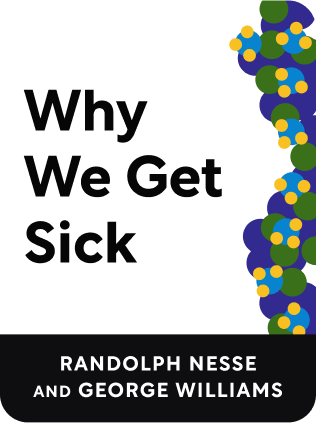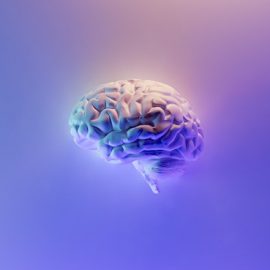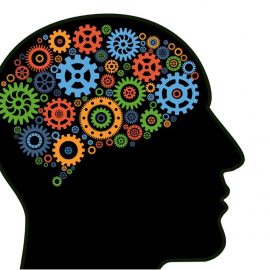

This article is an excerpt from the Shortform book guide to "Why We Get Sick" by Randolph Nesse and George Williams. Shortform has the world's best summaries and analyses of books you should be reading.
Like this article? Sign up for a free trial here .
Why do we have allergies? Why haven’t humans evolved past them? Why are allergies becoming more common than ever before?
The lack of parasites, the decrease in breastfeeding, and the increase in urban pollutants are all factors that lead to allergies. Why we have allergies is unclear but scientists have developed many theories as to why allergies exist.
Keep reading to learn more about why we have allergies.
Why Do People Have Allergies?
Allergies show such a strong reaction, are so inconvenient and form a system of such complexity that, per evolutionary medicine principles, it seems unlikely they have no useful function to compensate, else they’d have been selected out. So why do we have allergies?
How Allergies Work
Briefly, how do allergies work? They are the consequence of a series of steps upon exposure to a foreign substance:
- The substance is consumed by macrophages.
- Macrophages present the foreign proteins to helper T cells, which in turn present them to B cells.
- B cells secrete IgE antibodies, which bind to basophils or mast cells.
- Mast cells release chemicals that cause the symptoms of allergic reactions—histamine, defensive enzymes, platelet activators, amd smooth muscle stimulators.
IgE makes up just 1/100000 of the total antibody in blood, but it produces an outsized response. In an allergy, 10% of IgE may be specific to the antigen, such as pollen.
What Is the Function of an Allergy?
The function of allergy is unclear, though there are a few leading hypotheses:
- Defense against internal parasites and bacteria
- Worm parasites stimulate the host to produce IgE antibodies, and IgE is protective against parasite infection.
- Yet the inverse may be true: worms may stimulate IgE for their benefit, since it increases blood supply.
- Some people with low levels of IgE have recurrent infections of the lungs and sinuses.
- Defense against ectoparasites (parasites that live outside the host, like ticks and lice)
- An inflammatory response may prevent ticks and lice from getting their blood meal.
- This explains the concentration of mast cells on the surface of the skin why they stimulate itching.
- A defense against toxins
- The responses of allergy seem useful to guard against toxins—shedding tears, mucous secretions, vomiting, diarrhea.
- This function fits the rapidity and severity of allergies—if exposed to a toxin, you want to get rid of it quickly and violently.
- This may help explain why people differ in sensitivity to different antigens—people are allergic to the corresponding toxins to which they are especially vulnerable.
- Like a smoke alarm, the many annoying false negatives make up for the one real emergency that it protects against.
- It would help to discover the toxins associated with common antigens, such as seafood, pollen, cat hair.
- Allergies are actually incidental responses to bystander molecules.
- A person with allergies may have had a provoked immune system at some point in her history, say during an infection. At this time, the immune system developed sensitivity to antigens that happened to be around at the same time. In some sense, the body essentially confused the antigens as the cause of disease and kicks off strong reactions upon future exposure.
Why Allergies Are So Common
Why are allergies becoming more common over the past century? There are a few suggestive reasons:
- Home environments may predispose people to allergies.
- In an experiment, infants whose mothers kept their homes clean of allergens and avoided allergenic foods developed allergies at a lower rate.
- Modern humans may lack exposure to parasites. Thus the active immune system, in want of a target, finds harmless antigens instead.
- Breastfeeding decreases allergies. The rise of bottle-feeding may thus cause allergies.
- Urban environments may expose people to more pollutants.

———End of Preview———
Like what you just read? Read the rest of the world's best book summary and analysis of Randolph Nesse and George Williams's "Why We Get Sick" at Shortform .
Here's what you'll find in our full Why We Get Sick summary :
- Why evolution hasn't rid humans of all diseases
- How reproductive fitness is more important than overall survival
- How you evolved to dislike the sound of a baby crying






